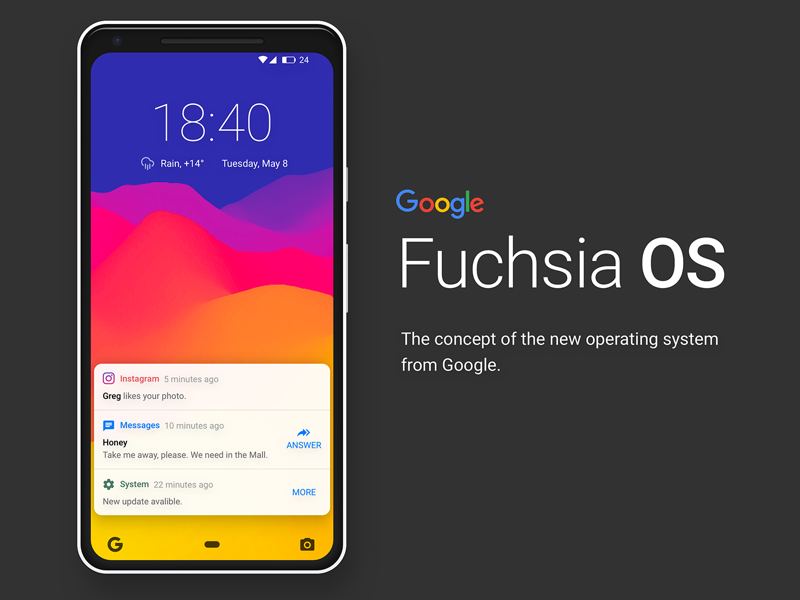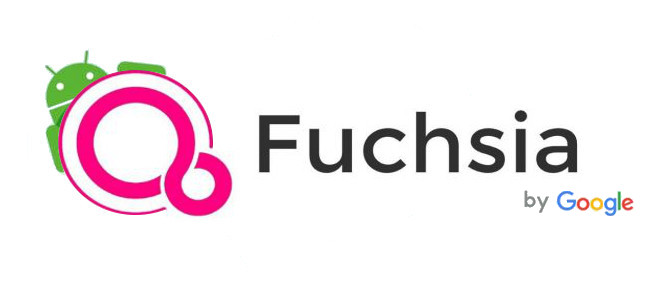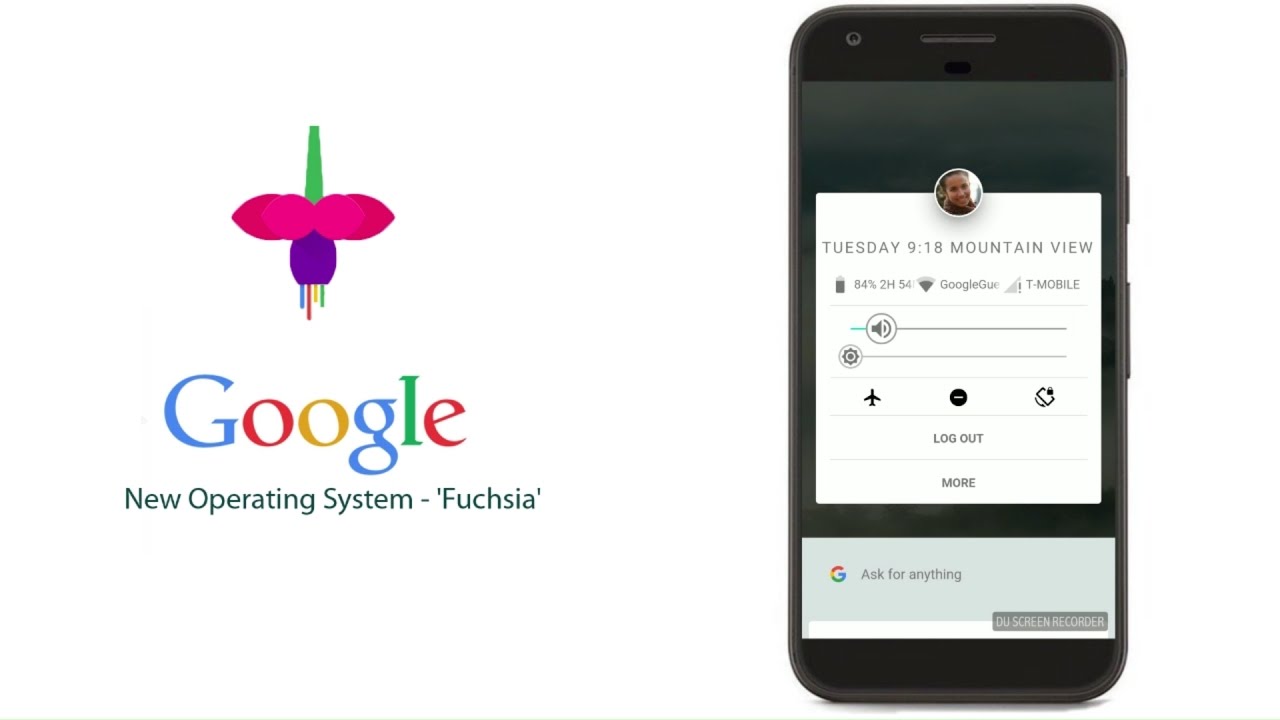Android and Chrome OS are the two operating systems known to be associated with Google. Well, soon or later, there’s going to be a third. Best part, it’s in the works already. With the former powering smartphones and tablets while the latter powers Google’s Chromebooks and Pixelbooks, Google is working on a new operating system that would be a universal OS that powers all of its gadgets.
Dubbed the Fuchsia OS, the in-development operating system was first discovered about 2 years ago when the search engine giant shared the project on popular web-based hosting and collaborative platform, GitHub about 2 years ago. Precisely, in 2016. The project Fuchsia was shared on the platform with no official word and till date, not much is exactly known about the operating system.
However, going by rumours and updates that have been flying around for years after the discovery of Google’s new project, Fuchsia is believed to be the planned successor of the popular Android OS. In fact, many reports suggest that Google intends to make this happen within a 5-year timeframe.
What’s to know about the Fuchsia OS, though? And will it, truly, displace Android as Google’s flagship operating system for mobile and all of other Google gadgets?
How is Fuchsia different from Android & Chrome OS?
With Fuchsia, Google is trying to build an entirely new operating system. It will not be similar to Android in any way; it is not an update to either the Android or Chrome operating system. Fuchsia is being built from the ground up by hundreds of Google’s top software engineers and will be modeled on an entirely new software architecture.
Unlike Android and the Chrome OS which are both based on Linux, Fuchsia will be based on a new microkernel developed by Google itself. The microkernel upon which Fuchsia’s code would be based on is called “Zircon”; it was formerly known as “Magenta”.
Again, Fuchsia isn’t an “Android update”. Google is, however, building the OS to improve upon some limitations of the Android operating system, especially in the aspect of security updates and voice interactions. One of the highlight advantage that Fuchsia will have over Android OS is that like Apple, Google will now be able to directly push OS and security updates to devices running the OS and no longer rely on OEMs and network operators.
According to Bloomberg, “Most iPhone users quickly update their phones when Apple releases a new version of the operating system, while less than 10 percent of Android users do. This means Google’s latest services only reach a fraction of Android users. [With Fuchsia] They might be able to regain some power that they’ve ceded to device manufacturers and telecom carriers.”
When is Fuschia coming?
Right from the time Fuchsia appeared on GitHub two years ago till this very moment, there has been no official word from Google yet as regards the purpose of the Fuschia OS. Neither has there been any official development updates, progress reports, or (projected) release date info. However, it is believed that the team working on the project are looking to make Fuchsia available to Google’s smart home devices (like the Google Home) in three years time and further proceed to laptops and lastly, phones.
Google has come out to dismiss any 5-year projected launch date though. It claims Fuchsia is one of the many experimental open-source projects ongoing at the company. Some sources have, however, opined that Fuchsia will not materialize as it is merely a “senior-engineer retention project” — a project designed by Google to keep its in-house talented senior-engineers busy and prevent them from jump-shipping to rival companies.
Will it replace Android?
Statistics show that Android powers more than three-quarter of global smartphones. Given the prevalence of Android and how deep-rooted it is in the smartphone ecosystem, it is going to be very difficult for any company (yes, even Google) to try to displace it. At least not anytime soon… or ever. In addition, Google’s reluctance to officially speak on the purpose of the Fuchsia OS (for now) may be an indication that either the company wants to focus completely on the OS and achieve something tangible before making an official statement, or it is truly a “senior engineer retention” project.
For now though, Fuchsia doesn’t look like it will replace Android. And from all indications, it doesn’t look like Google is developing the OS to replace Android either. But whatever it is being built to replace, I guess we will find out when there is more solid (read: official) information
Discover more from Dignited
Subscribe to get the latest posts sent to your email.














